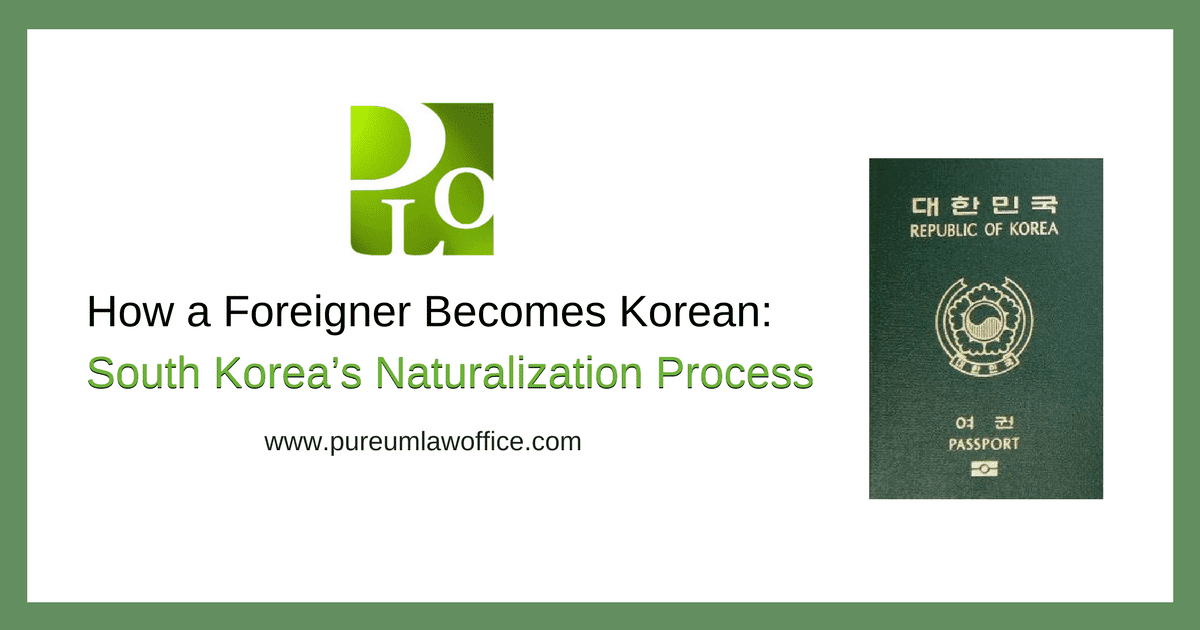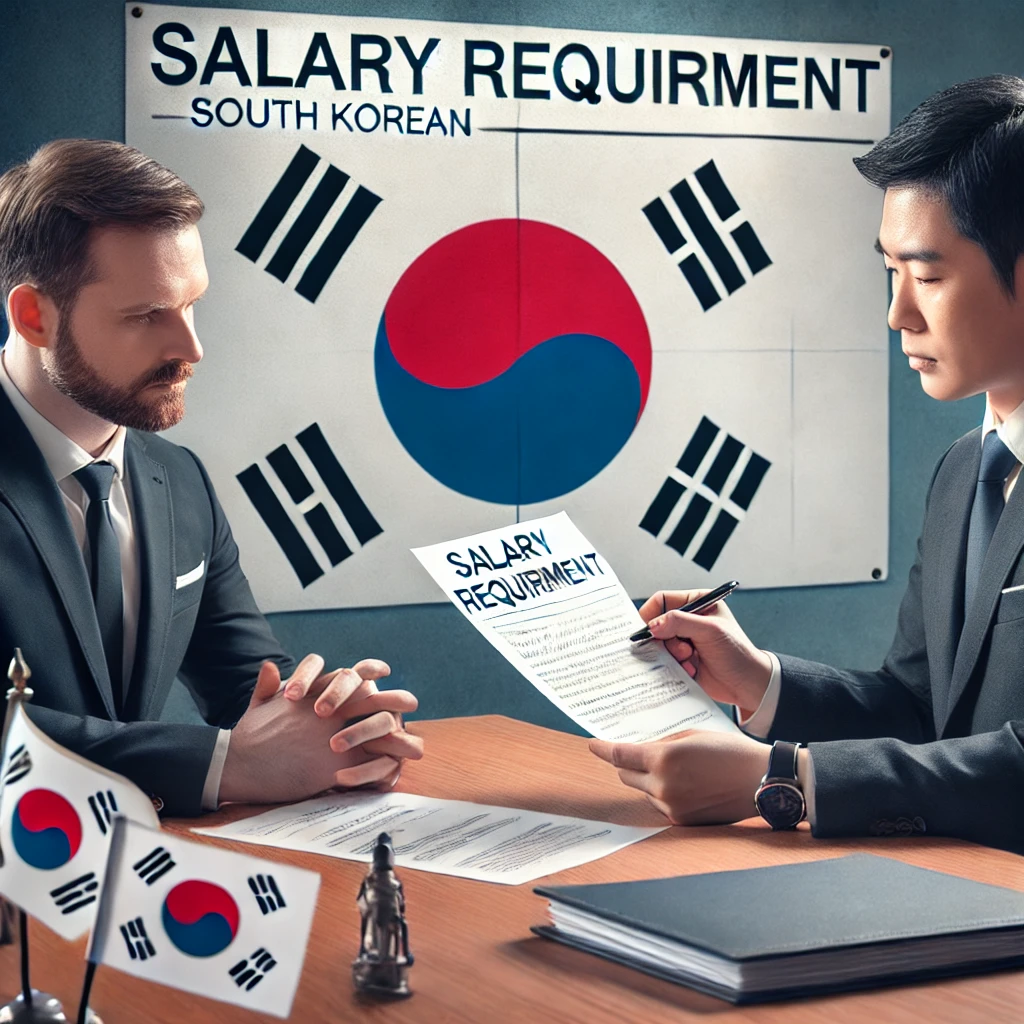South Korea Naturalization
The legal experts at Pureum Law Office in Seoul are here to help guide you with all of your questions about South Korean Naturalization.
Applying For Korean Citizenship
South Korean passports consistently rank among the Most Powerful Passports in the World. with the nation also boasting tremendous perks for citizens, including one of the greatest value-for-dollar healthcare systems in the world. This includes free or discounted daycare for children under the age of five, open-access public, free public transportation for senior citizens, and much more.
If you meet the criteria, you too can hold one of the most accepted passports in the world, so read on to learn more.
Foreigners Can Become Korean
It wasn’t that long ago when becoming a naturalized Korean citizen was almost unheard of. Up until 2000, the average number of people granted citizenship annually stood at 34. Until as recently as the late ‘90’s it was still impossible for a foreign man to even get a visa to stay in the country despite having a Korean wife. The wives of Korean men were granted a visa, but men married to Korean women had to get a work visa for Korea or risk being separated from their families.
In the last 20 years, however, there has been tremendous progress. Men married to Korean women can of course easily receive a visa to stay in the country, while the process for foreign nationals has been codified and become relatively commonplace, with over 150,000 foreigners having become naturalized citizens as of 2015.
South Korea’s Legal System
With the steady increase of long-term foreign residents, the system for naturalization has become both codified and implemented regularly in practice by the immigration office. There are 3 basic guidelines the government looks at to establish whether Korea wants you to join its citizenry:
- Long-term, Consecutive Korean Residency
- An Understanding and Appreciation of the Korean Language and Culture
- Financial Stability
Under some of the “Specialized Naturalization” circumstances these conditions may be overlooked, but regardless it would be beneficial to meet or exceed them. If you meet these criteria, then it may be time to start researching whether or not you too can become a Korean citizen.
Categories of South Korean Naturalization
The Korean government has divided the ways for becoming a naturalized citizen into 3 different categories. They will each be explored in this series. Tune in the following weeks for more details.
Unlike 20 years ago or so, it is now entirely, and even relatively common, for a foreign-born person to become a South Korean citizen, even without having a Korean spouse. Expect the process to take up to two years, but if you love the ROK and want to spend the rest of your life here, then you can do it. Start your research and planning well ahead of time, and if you need professional legal assistance regarding South Korean Naturalization, please contact us today.




